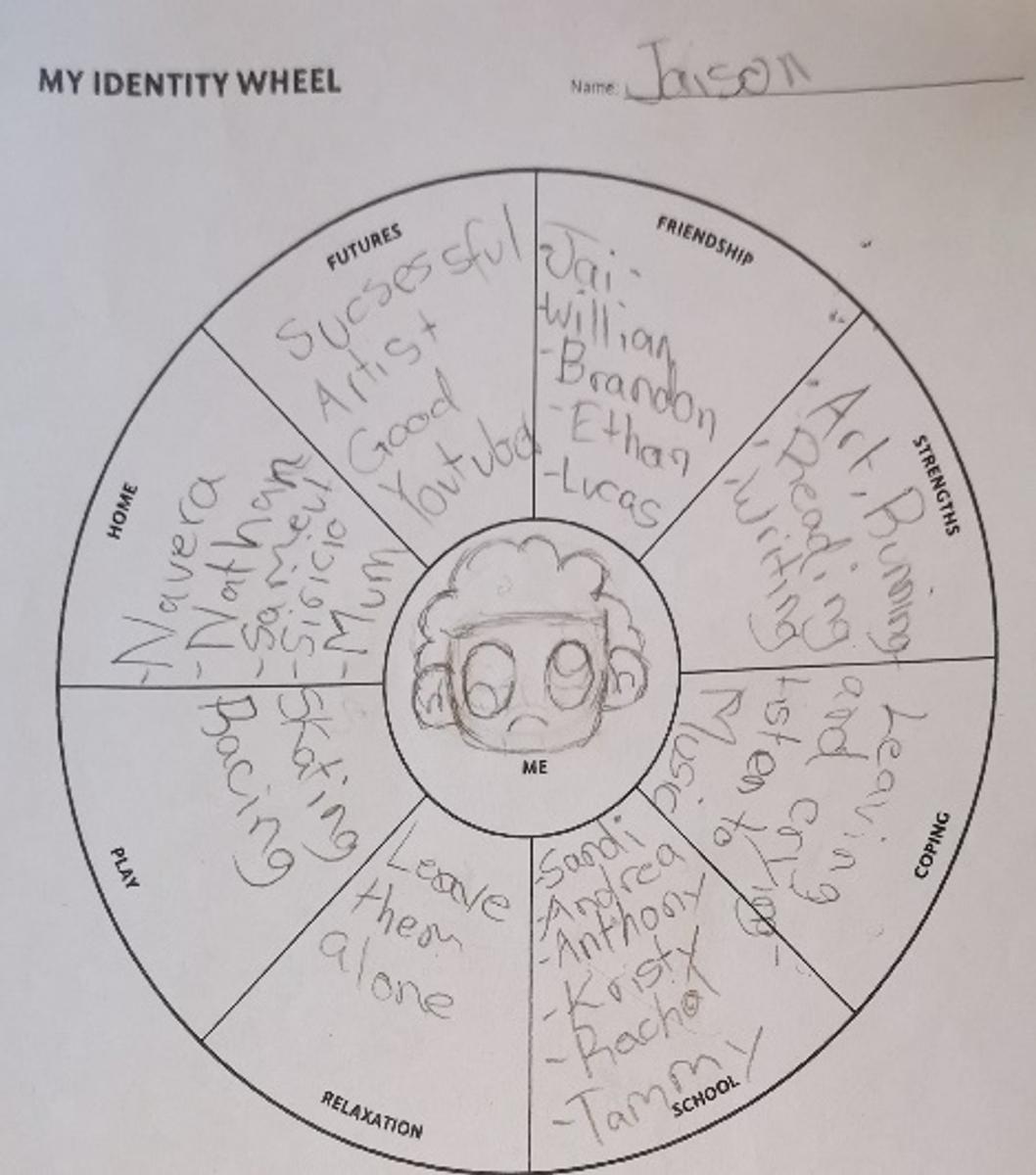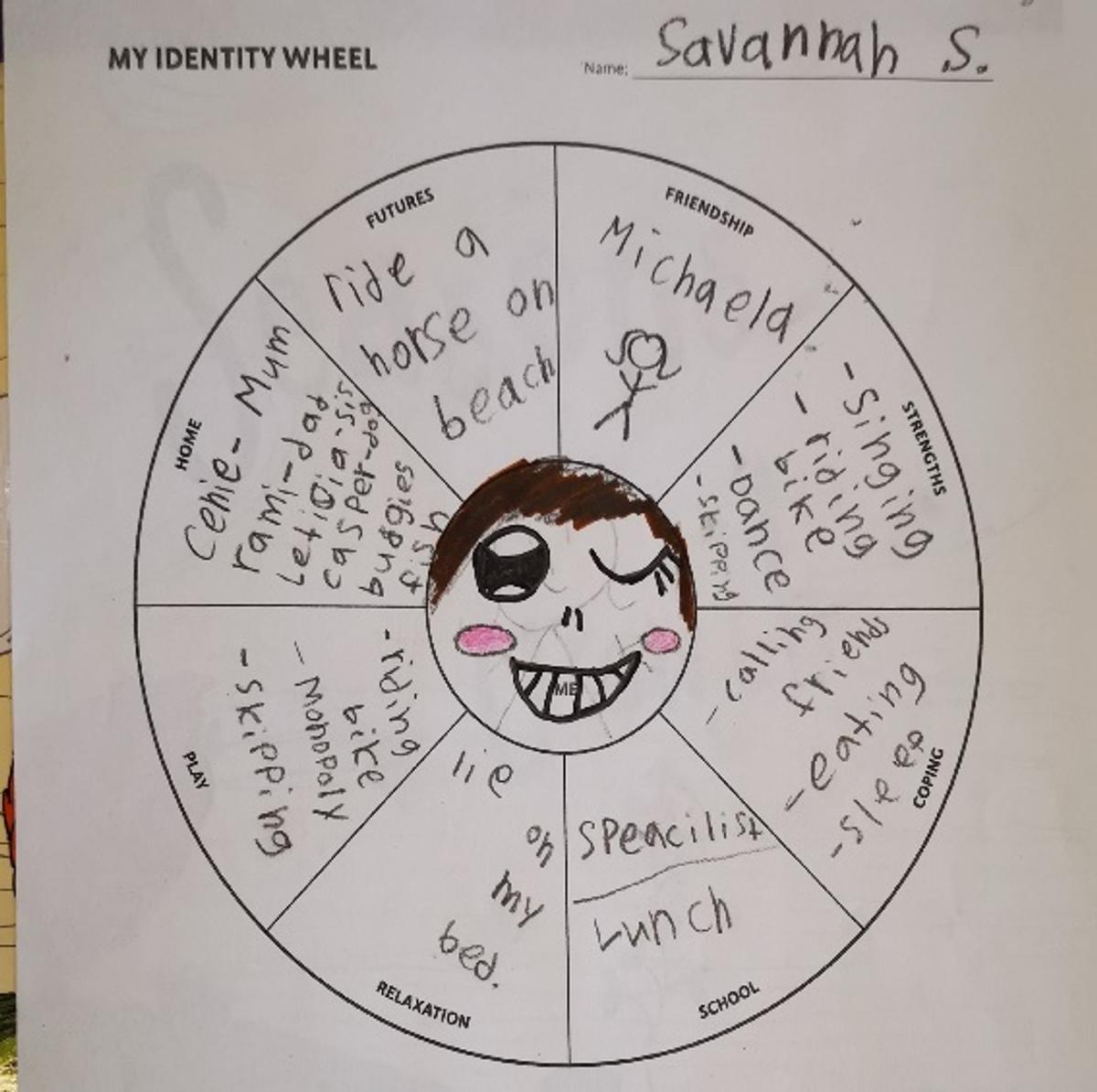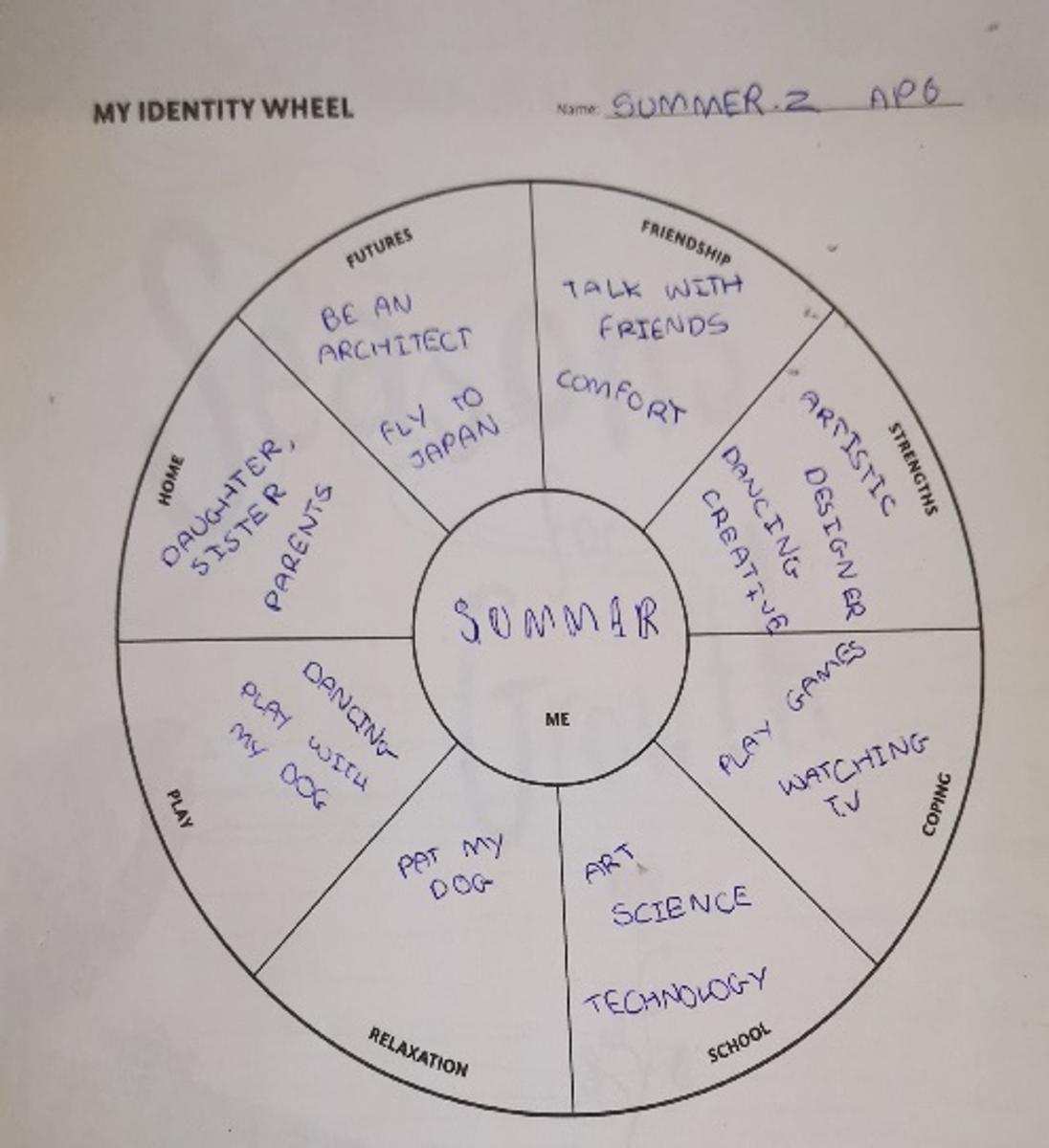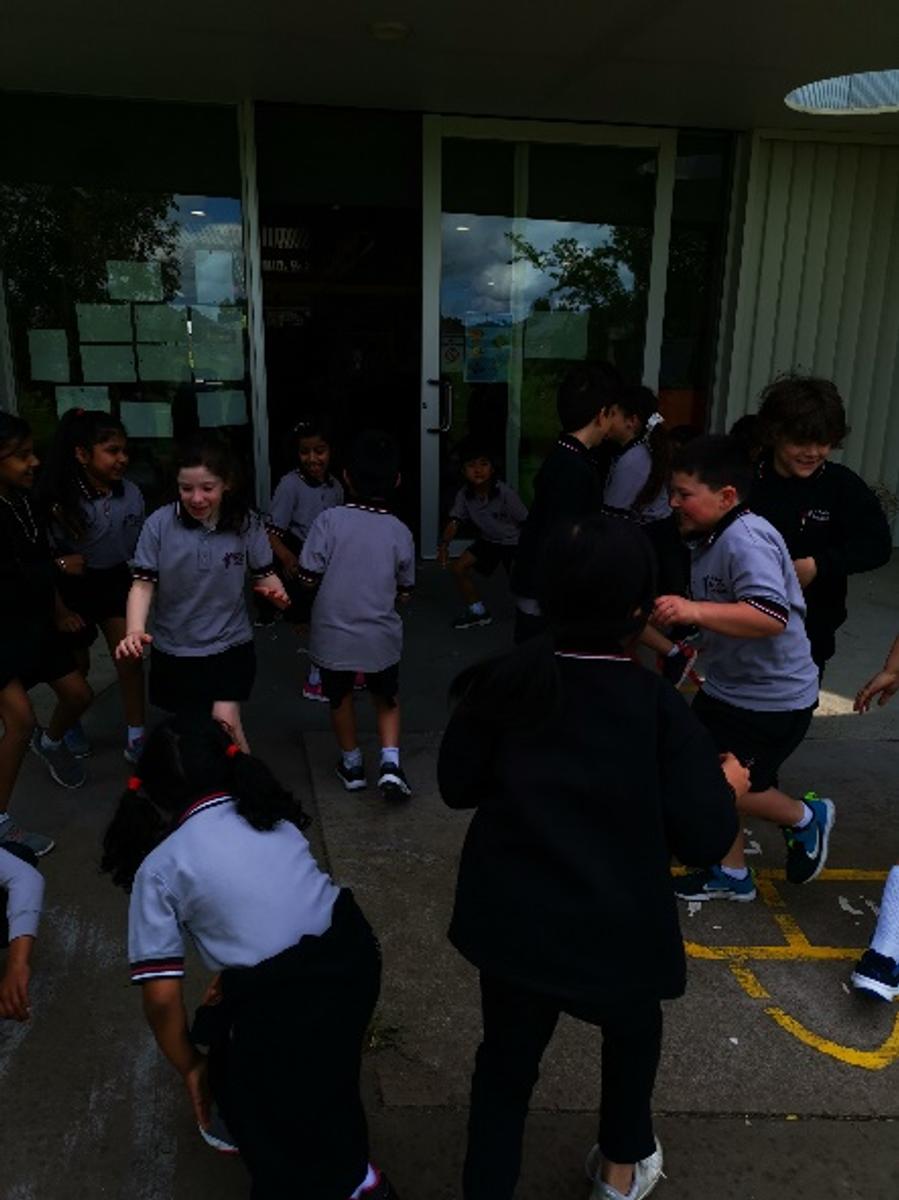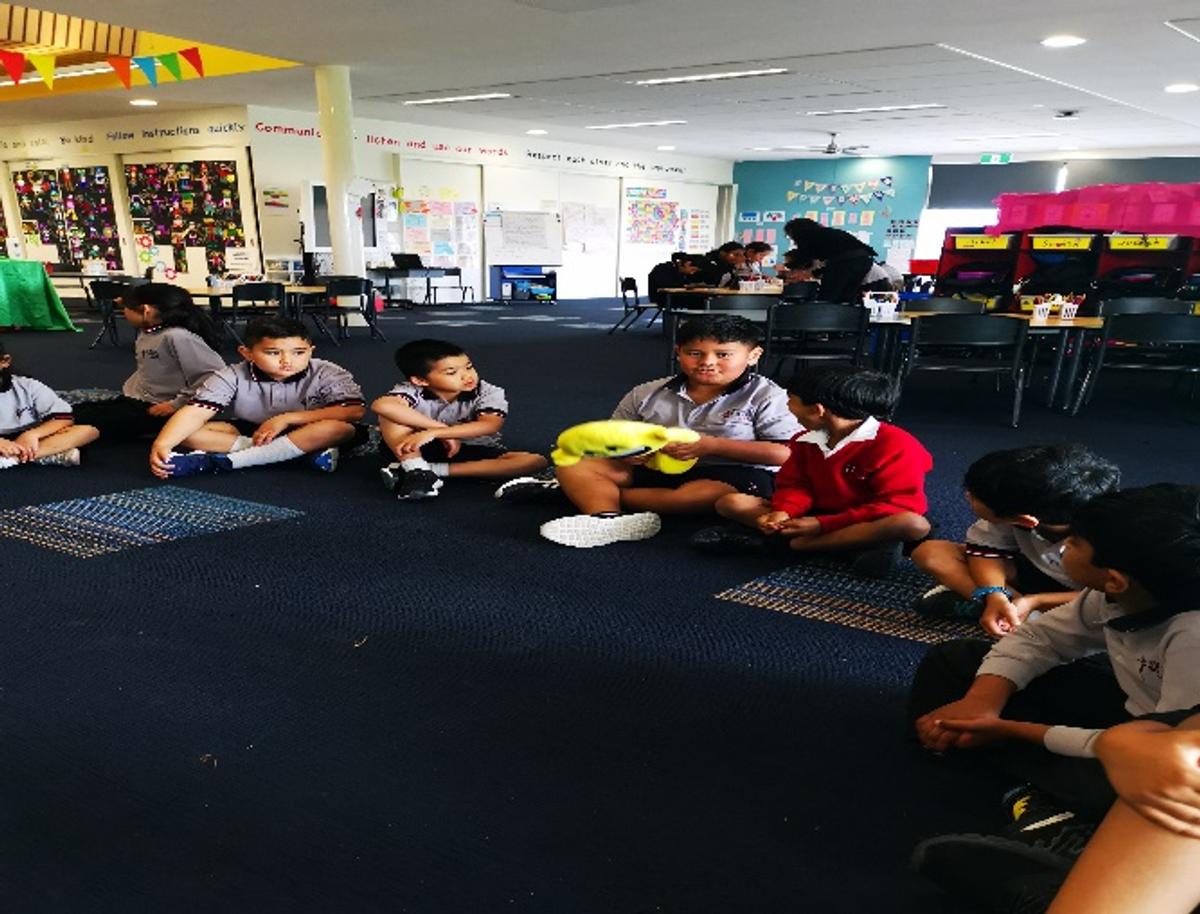Wellbeing
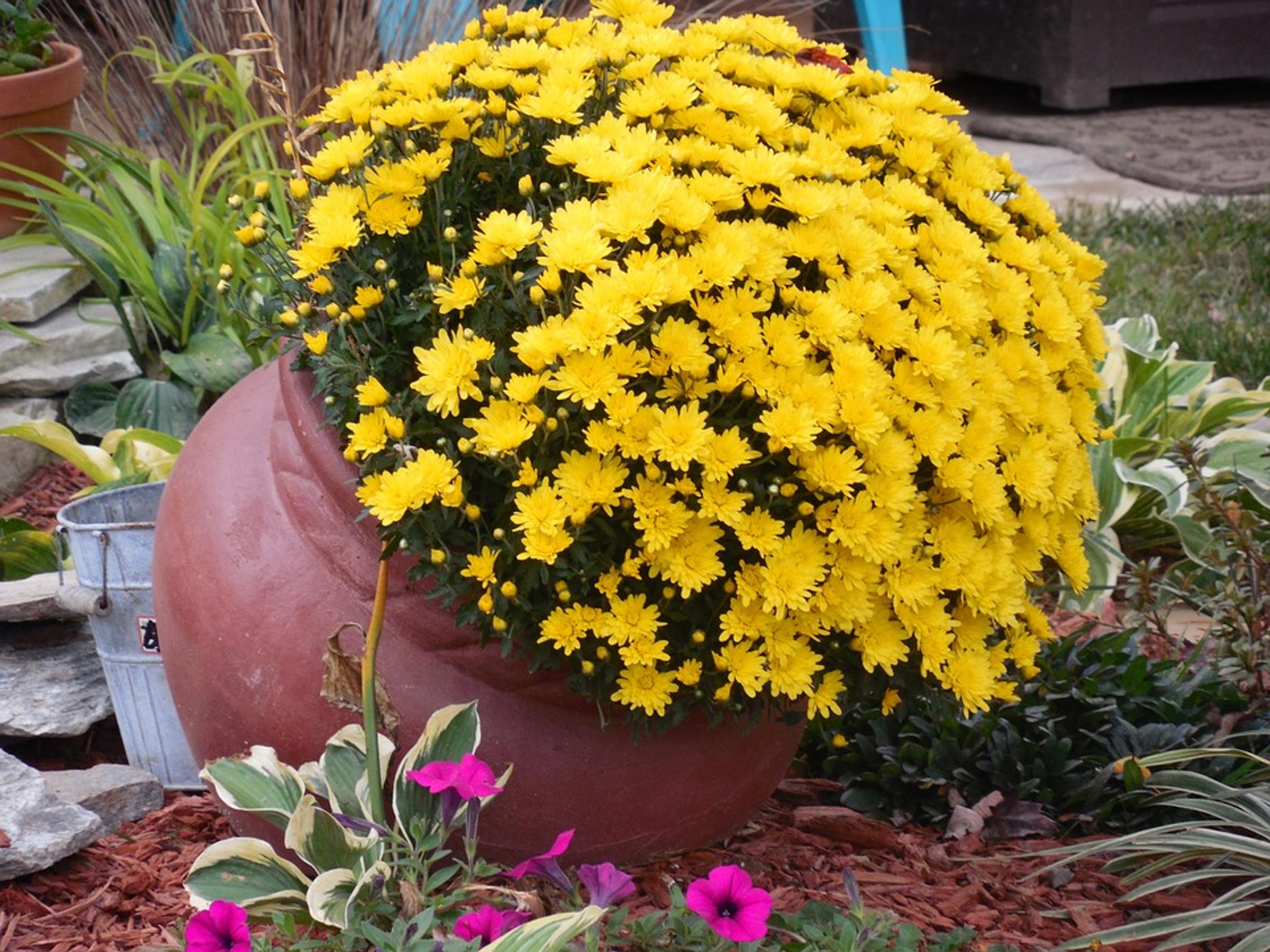
mConnect with Wellsprings for Women
In term 4, we will continue to meet weekly on Zoom for our parent group.
All parents are most welcome to join.
Please use the link below to join the meeting.
Join Zoom Meeting
https://us02web.zoom.us/j/85138685427?pwd=TTZyZlRzc1VZTkRLdWVKM3FiOWFYQT09
Meeting ID: 851 3868 5427
Passcode: TL2Kqy
BeYou
BeYou is a resource for educators that promotes the mental health of all members of the school community, students, parents and teachers. This week’s fact sheet from the BeYou website is all about social media.
Much has been written and reported about the potential risks of social media, so it’s helpful to consider the opportunities as well. Social media can be used to:
• promote positive norms about health and wellbeing and enhance health promotion initiatives
• foster identity formation, community-building and creativity
• support the self-directed learning and aspirations of marginalised children and young people
• extend formal and informal knowledge networks and social support for children and young people • build young people’s consumer and financial literacy
• promote proactive approaches to issues of risk and safety
• support family and intergenerational relationships.
Different generations of people will bring different skills and knowledge to social. For more information visit beyou.edu.au media. When children, young people and family members use technologies to collaborate and socialise, they can find new opportunities to connect, utilise each other’s strengths and can be watchful for each other’s safety. Challenges of social media
• The range of content and culture of social media provides low-level exposure to a range of risks. However, experiencing some level of risk is necessary to build resilience online and offline.
• Children and young people may also experience upsetting and potentially harmful content and practices, which can have serious effects on their wellbeing.
• Poor integration of social media in formal and informal learning environments can reinforce social exclusion.
• More research is required to understand the multiple influences which can foster harmful consumption and financial practices.
• Social media may also amplify risks to physical and emotional safety. • Social media may also be perceived as a barrier to traditional family relationships.
Covid 19 resources
Most of the children I have spoken to are so happy to be back at school, glad to be able to play with their friends again and seeing their teachers and classmates face to face. With restrictions slowly being lifted, it is important to fill our children with a sense of hope and reflect on all the exciting things they have to look forward to. This is a resource called Things to look forward to after Corona Virus and it is a nice little reflective and prompting activity you might like to do with your children.
https://www.childhood.org.au/app/uploads/2020/04/Things-to-Look-Forward-to-Resource.pdf
It is important to keep communicating with your children and getting them to build their resilience and emotional literacy skills by expressing to you how they are feeling and what is happening. There is a story you might like to read to your children called Matilda and Theo, Looking after our Lost and Found Things in the time of Coronavirus.
https://www.childhood.org.au/app/uploads/2020/04/MatildaTheoLR.pdf
It is a heartwarming social story for children and young people that highlights not just the things we have lost due to Coronavirus, but the important things we have found.
Lunchtime social skills club
The children have an opportunity to come to a lunchtime social skills club on a Tuesday. We meet outside in the quiet area (between space 1 and 3) during the 2nd lunch break.
We have been using the large Connect 4 games outside. This is an opportunity for those children who may find lunchtimes hard or need to practice their social skills. We have been focusing on taking it in turns, playing by the rules, using polite words when we speak to each other, playing co-operatively and packing up the equipment safely.
If you are concerned about the wellbeing of your child, please do not hesitate to contact me on rlenko@sfslynbrook.catholic.edu.au.
Rachel Lenko
Student Wellbeing Leader
SWAP (Student Wellbeing and Performing Arts)
During the first few weeks of Term 4 our focus for SWAP has been:
SENIORS
We understand that we all have different interests that make up our identity or individuality. We can learn about some of the differences and similarities
between students in the class. We appreciate that it is important to respect differences between people. We understand that boys and girls can share similar interests.
The senior children completed an identity wheel about themselves then shared their similarities and differences with their classmates.
We also talked about gratitude and how practicing it daily can help improve our mood. The students had to reflect on three things that had gone really well for them that day. This is what some of the children had to say.
Sahej: 1. I got to wear casual clothes to school. 2. I played with a lot of people 3. I got to play on my Xbox at home.
Luanne: 1. The confirmation workshop. 2. Yummy food in my lunchbox. 3. My mood.
Abel J: 1. I remembered to bring my 2 square ball to school today. 2. I got to ride my bike to school yesterday. 3. I am doing Specialists today and I can’t wait to see which Christmas carol we are doing for music.
Charlotte S.: 1. Having food and water, 2. Having supplies which some people don’t have. 3. Having a good family and friends.
JUNIORS
The learning intention for the Juniors last week was;
We understand that all people are included and respected regardless of any differences between them.
To demonstrate this understanding, we played the game Fruit salad. Each child was given a different category of fruit. If their fruit was called out, they would stand up and quickly swap place with someone else that was the same type of fruit. If the leader in the middle called out fruit salad, then all children needed to quickly swap places with someone else and sit down. The children learnt that just like different types of fruit, we are all different too. We look different and we like different things. The children told me that even though there are many differences between us, we are all humans, we are all the same on the inside and we need to be respectful and inclusive to everybody, no matter what our differences are.
Another learning intention was: We understand that gratitude is the act of being thankful and appreciating what you have in life. The children participated in an activity called a gratitude circle where we went around the circle and each child said one thing that they are grateful or thankful for today.
Here’s what some of the children had to say:
Aykiera: I am grateful to my Mum and Dad who made me the way I am.
Alyaan: I am grateful for frozen raspberries that we put in smoothies.
Shiv: I am grateful to have my friends at school.
Achol: I am grateful for technology.
Rachel Lenko
Student Wellbeing Leader


